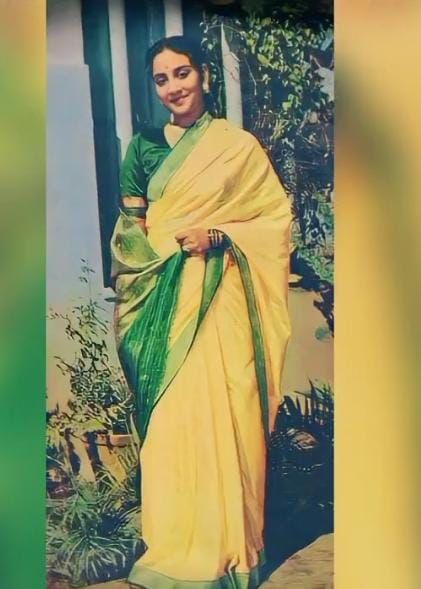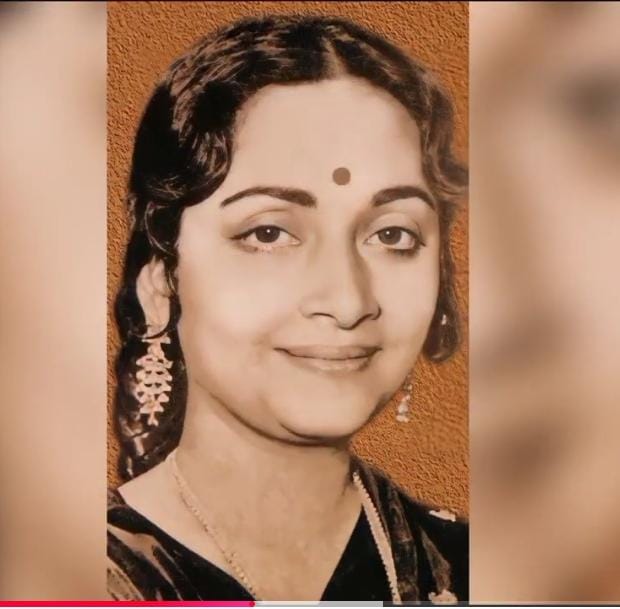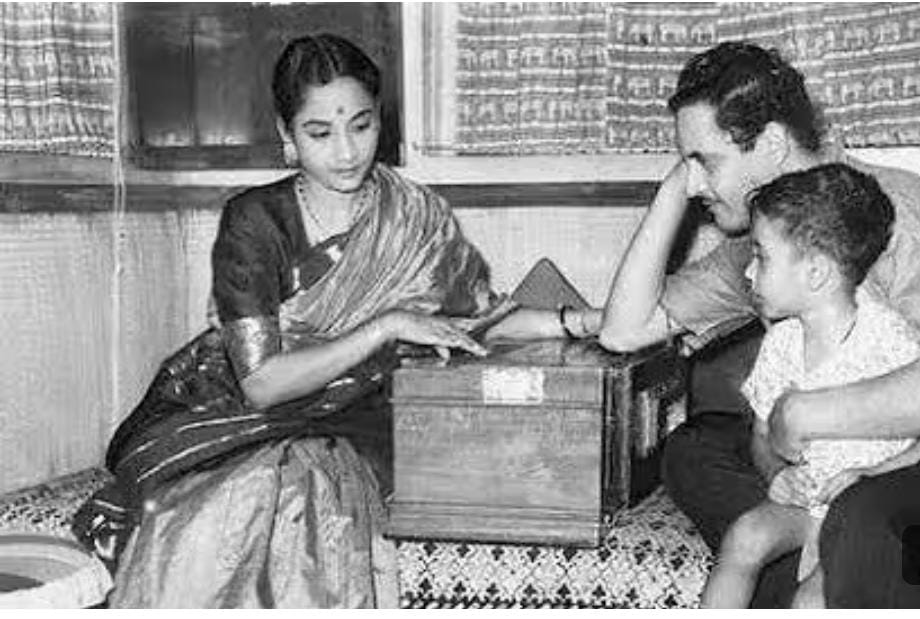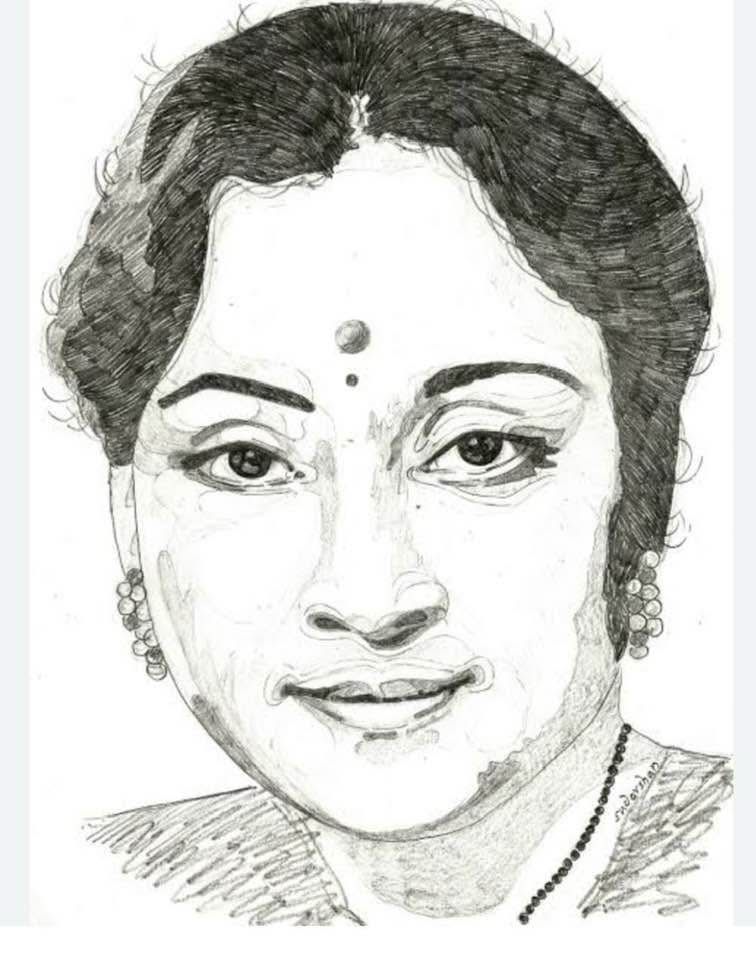
Geeta Dutt On the 53rd anniversary of her passing, we celebrate the timeless voice of Geeta Dutt, whose soulful melodies continue to captivate hearts.
A Voice That Echoed Love and Longing
July 20, 2025, marks the 53rd death anniversary of Geeta Dutt, one of India’s most iconic playback singers, whose mellifluous voice enthralled generations. Her singing, marked by an earthy sensuality and a poignant undercurrent of sadness, resonated with listeners in a way that was both intimate and universal. Often compared to the tragic allure of actress Meena Kumari, Geeta’s voice carried a depth of emotion that could evoke love, admiration, and a profound yearning. Her life, however, was as heartrending as the songs she sang, marked by personal struggles and an untimely end. On this solemn occasion, we reflect on her remarkable journey, her contributions to Indian cinema, and the legacy that continues to inspire music lovers worldwide.
Early Beginnings: From Faridpur to Bombay
Geeta Dutt, born Geeta Ghosh Roy Chowdhuri on November 23, 1930, in Faridpur (now in Bangladesh), hailed from an affluent zamindar family. Her passion for music was evident from a young age, nurtured by her family’s encouragement and formal training. The family’s relocation from Faridpur to Calcutta, then Assam, and finally Bombay in the early 1940s set the stage for her entry into the world of cinema. In Bombay, her talent caught the ear of music director K. Hanuman Prasad, who overheard her singing at her Dadar home. Impressed, he offered her vocal training and her first opportunity to sing in a chorus for the 1946 film Bhakta Prahlad. Prior to this, Geeta had already lent her voice to films like Adhar (1945), Shri Krishnarjun Yuddh (1945), and Bairam Khan (1946), showcasing her versatility under composers like S.N. Tripathi and Master Ghulam Haider.
The Breakthrough: A Star is Born

Geeta’s major breakthrough came in 1947 with Do Bhai, under the baton of the legendary S.D. Burman. Songs like Mera Sundar Sapna Beet Gaya, Yaad Karoge Yaad Karoge, and Hamen Chhod Piya Kis Desh Gaye became instant hits, establishing her as a leading playback singer at just 17. Her mature, emotive delivery belied her age, earning her widespread acclaim. Critics noted a unique swing in her voice—a thunderclap of emotion that set her apart. Some even suggested that her prowess posed a rare challenge to contemporaries like Lata Mangeshkar.
Her early career also saw her excel in devotional music with the 1950 film Jogan, where she sang Meera bhajans under Bulo C. Rani’s direction. Tracks like Eri Main To Prem Diwani, Ghunghat Ke Pat Khol, and Main To Girdhar Ke Ghar Jaaoon are considered landmarks in Indian cinema, blending spirituality with soulful melody.
A Golden Collaboration: Geeta and Guru Dutt
Geeta’s career intertwined with her personal life when she met Guru Dutt, a rising director, during the recording of Baazi (1951). Their collaboration produced some of her most iconic songs, including Tadbeer Se Bigdi Hui Taqdeer Bana Le and Suno Gajar Kya Gaaye. The couple married in 1953, and their creative partnership flourished in films like Aar Paar (1954), with hits like Babuji Dheere Chalna and Ye Lo Main Haari Piya; Mr. & Mrs. ’55 (1955), featuring Jaane Kahan Mera Jigar Gaya Ji; and C.I.D. (1956), with the evergreen Yeh Hai Bombay Meri Jaan. Their work in Pyaasa (1957) and Kaagaz Ke Phool (1959) produced masterpieces like Aaj Sajan Mohe Ang Lagalo and Waqt Ne Kiya Kya Haseen Sitam, songs that captured the essence of love and despair.
Perhaps their most poignant collaboration was Sahib, Bibi Aur Ghulam (1962), where Geeta’s renditions of Na Jao Saiyan Chhuda Ke Baiyan and Piya Aiso Jiya Men Samaya Gao, composed by Hemant Kumar, mirrored the film’s narrative of longing and heartbreak. These songs, steeped in emotional depth, reflected the personal turmoil both Geeta and co-star Meena Kumari faced, creating a haunting parallel between art and life.
A Life of Highs and Lows

Geeta and Guru Dutt’s marriage, initially a union of creative synergy, was blessed with three children—Tarun, Arun, and Nina. However, their happiness was fleeting. Guru Dutt’s intense dedication to his craft, coupled with his struggles with depression and rumored involvement with actress Waheeda Rehman, strained their relationship. Both Geeta and Guru turned to alcohol, which further eroded their personal and professional lives. Guru Dutt’s untimely death in 1964 at age 39 left Geeta devastated. She descended into depression, grappling with grief and self-pity, and her once-thriving career began to wane.
Despite her struggles, Geeta continued to perform sporadically, including at Durga Puja events and stage shows. She even ventured into acting with a role in the Bengali film Badhu Baran (1967). Her rare recordings during this period included Aaj Ki Kaali Ghata from Uski Kahani (1966) and her final film songs in Anubhav (1971), such as Koi Chupke Se Aake and Meri Jaan Mujhe Jaan Na Kaho, both composed by Kanu Roy. Her last recorded song, Lat Uljhi Hai Suljha De More Balma from Insan Aur Insaan, remains a testament to her enduring talent despite its delayed release.
A Tragic End and Timeless Legacy

Geeta Dutt’s life was cut short on July 20, 1972, at the age of 42, due to liver cirrhosis—a consequence of her struggles with alcohol. Her passing marked the end of an era, but her voice remains immortal. With over 1,200 songs in Hindi alone, alongside recordings in Bengali, Maithili, and other languages, Geeta’s repertoire spanned genres, from soulful bhajans to romantic duets and melancholic melodies. Her ability to convey raw emotion made her the go-to singer for composers like S.D. Burman, O.P. Nayyar, Hemant Kumar, and Madan Mohan.
Songs like Aye Dil Mujhe Bata De and Nanhi Kali Sone Chali continue to enchant listeners, while her bhajans and sad songs remain unparalleled in their emotional resonance. Geeta Dutt’s voice was not just a sound but a feeling—a bridge between the heart of the singer and the soul of the listener. Her life, though marred by tragedy, serves as a poignant reminder of the human behind the art.
A Voice That Lives On
As we commemorate Geeta Dutt’s 53rd death anniversary, her music continues to transcend time. Her songs are not mere relics of the past but living testaments to her genius, played in homes, on radios, and in the hearts of those who find solace in her voice. Geeta Dutt, the skylark of Indian cinema, may have left the world too soon, but her melodies ensure she is never forgotten.
Hasnain Naqvi is a former member of the history faculty at St. Xavier’s College, Mumbai





